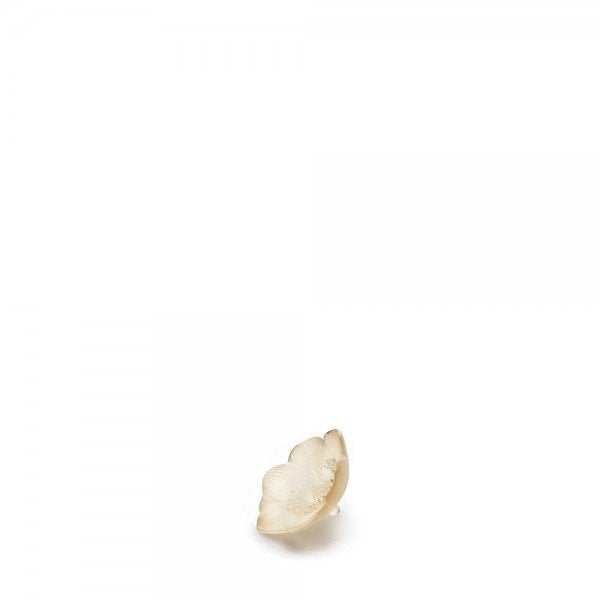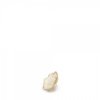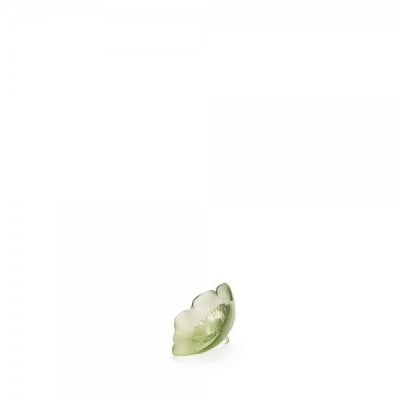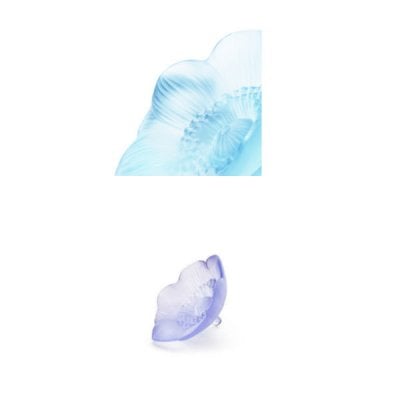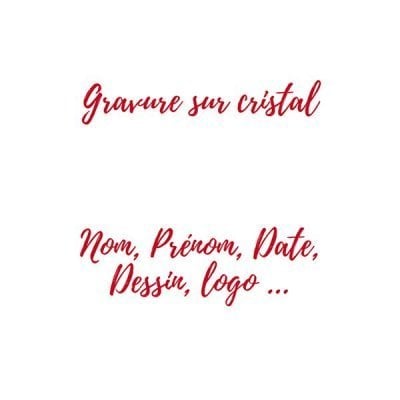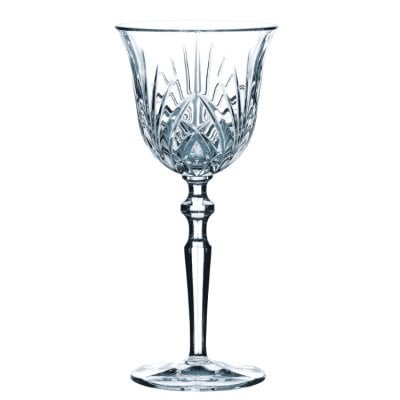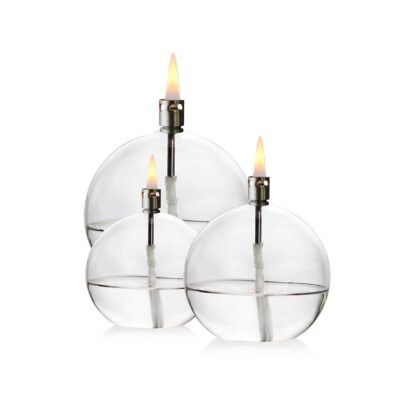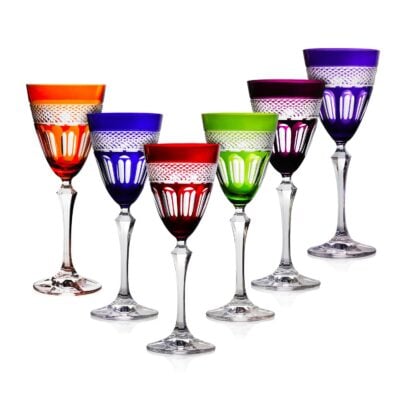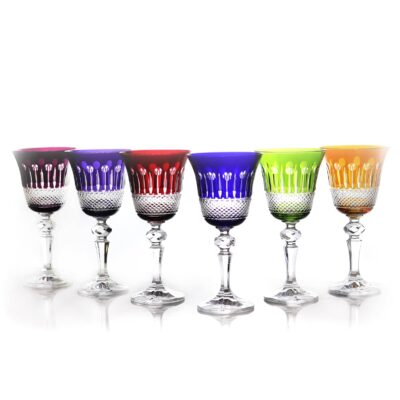WE PROVIDE INSURANCE FOR YOUR ORDER
With more than 138 years of experience, our export team takes the greatest care to package each order. A damaged product? We will send a new one. A lost parcel? We will send a new one. The shipping cost include an insurance break and lost.
CUSTOMER REVIEW
ENJOY TAXFREE
For a delivery outside the European Union, you can pay your order without VAT. Please, use the coupon code FREETAX into your cart.
RECEIVE A GIFT FOR EACH ORDER
We take care of our customers. For each order, you can select a gift in you cart. More you buy, bigger the gift is. Follow this link to discover the gift list.
WIN FIDELITY POINTS
We reward your fidelity. Each order allows you to win fidelity points, that you can use for your next order. Enjoy extra discount. Don't forget to creat an account or to login into it. Learn more ?
ADDITIONNAL INFORMATIONS
GOLD LUSTER ANEMONE LALIQUE :
GOLD LUSTER ANEMONE LALIQUE, A beautiful, delicate flower and the symbol of purity and innocence, the anemone inspired René Lalique for this design in 1931, originally created in glass.
A vision of crystal, both romantic and contemporary, that shows that nature and modernity in harmony when fashioned by the hands of artists.
Decorated with two crystal anemones, this decoration piece can be used as both bud vase and perfume bottle.
- Revolutionary artist, both admired and considered eccentric, René Lalique has a huge following, from the European courts to artistic and industrial milieus around the world. This prolific genius, dubbed “the Rodin of transparencies” by Maurice Rostand, has infused his Maison with such poetic force that 150 years later, the charm still operates and his art has become timeless.
- The love for sculpture is present in René Lalique’s work and life. He was friends with Rodin and married Augustine-Alice Ledru, whose father and brother were both sculptors.
- The founder of modern jewelry, René Lalique, was considered the leader of the Art Nouveau movement. Although he drew a great deal of his inspiration from the plant world, he also dared to display the female body in all its beauty and sensuality.
- In crystal, the lost wax technique is directly inspired from a thousand year-old procedure used to melt bronze sculptures. Lalique’s originality stems from using it first in jewelry, replacing stones by small glass motifs. He later used this technique to create larger pieces.The lost wax fabrication process for large pieces is fairly complex: after having modelled a piece in wax it is covered with plaster, it is then sent to the oven so as to bake the clay while the wax melts. Finally, molten crystal is poured in the emptied shape.

